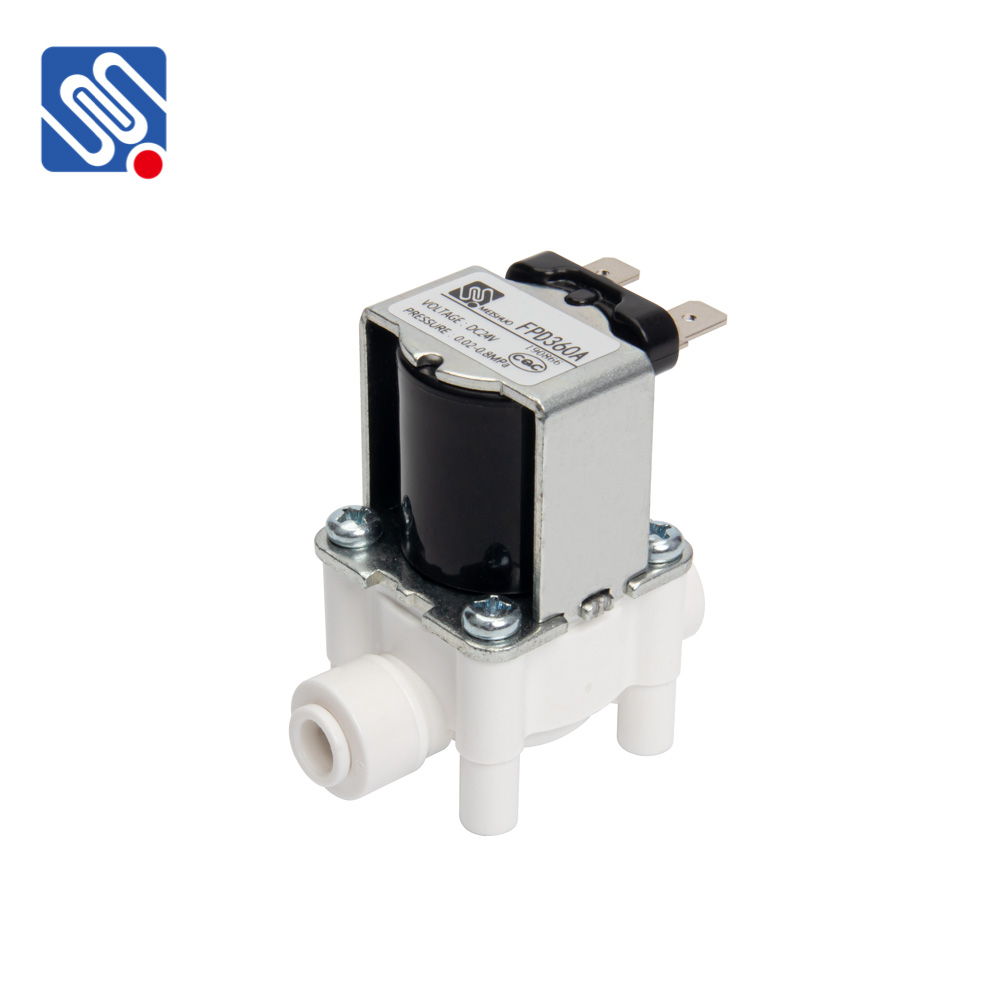A PP Solenoid Valve is a specialized type of solenoid valve made from polypropylene (PP), a durable and corrosion-resistant plastic material. Widely used in various industries, such as water treatment, chemical processing, and food production, the PP solenoid valve offers excellent control over fluid flow while maintaining resistance to harsh environments. This article explores the key features, benefits, and applications of the PP solenoid valve, highlighting its importance in modern industrial processes.

What is a PP Solenoid Valve? A solenoid valve is an electrically controlled valve that uses a solenoid, or electromagnet, to open or close the valve’s flow path. The solenoid generates a magnetic field when current flows through it, which either attracts or repels a metal core (plunger) inside the valve. This movement of the plunger either allows or stops the flow of fluid. PP solenoid valves, specifically, are constructed with polypropylene, a thermoplastic polymer known for its chemical resistance, light weight, and cost-effectiveness. This makes them suitable for controlling the flow of various types of fluids, particularly in situations where other materials, like metals, would corrode or degrade.